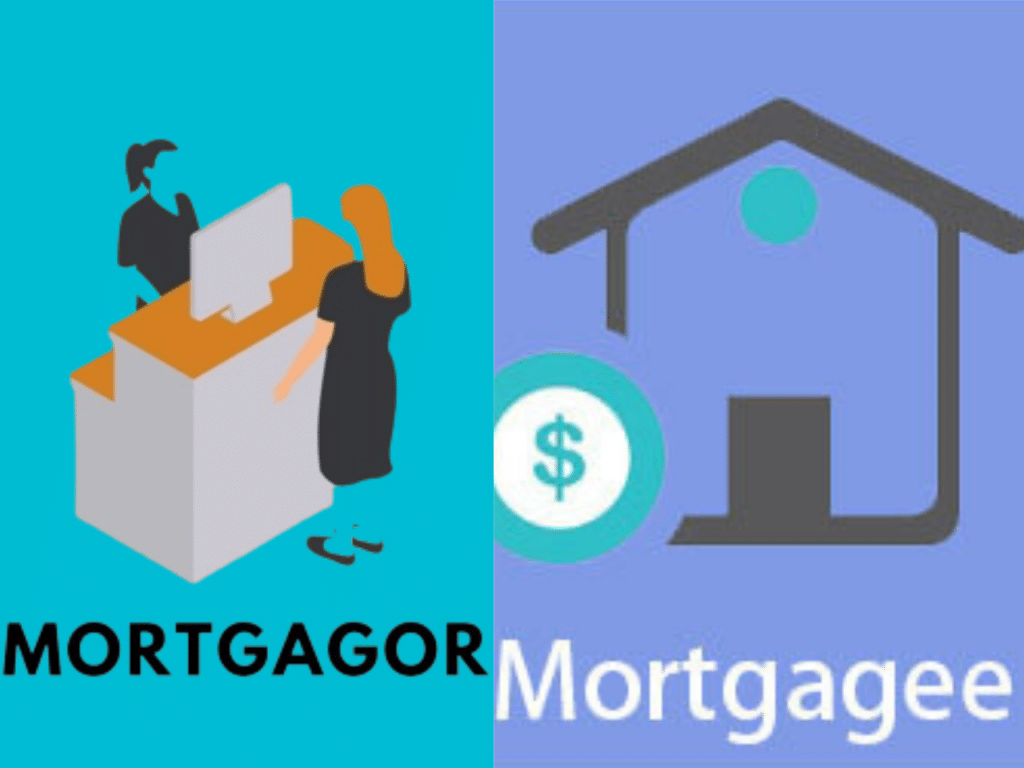Buying a home frequently necessitates delving into the complex world of mortgages. Finding the proper types of mortgages can be both powerful and intimidating, with so many alternatives available. To make this journey easier, let’s look at the various sorts of mortgages, each geared to distinct financial demands and tastes. Every type of mortgage offers unique benefits and considerations, tailored to diverse financial circumstances and objectives. Prospective homebuyers must thoroughly assess their financial capacity, future goals, and risk tolerance before choosing the most suitable mortgage option.

Understanding these many mortgage choices allows prospective homebuyers to make informed selections in the complex mortgage landscape. Individuals who align their financial objectives and preferences with the right mortgage type can embark on the path to homeownership with confidence, knowing they have chosen a mortgage that meets their needs and desires.
Types Of Mortgage You Need To Know About
1. Fixed-Rate Mortgage:

A fixed-rate mortgage is the most traditional option. This ensures that your interest rate remains stable during the loan period, providing stability and predictability. It’s an excellent alternative for those who desire predictable monthly payments and wish to protect themselves from market fluctuations.
2. Adjustable-Rate Mortgage (ARM):

ARMs, as opposed to fixed-rate mortgages, have variable interest rates that fluctuate regularly depending on market conditions. While initial interest rates are frequently lower than those of fixed-rate mortgages, they can climb, potentially resulting in greater payments. Individuals who intend to sell or refinance before the rate changes should consider an ARM.
3. Interest-Only Mortgage:

Borrowers with interest-only mortgages pay only the interest for a set time, often 5 to 10 years. Following this time, monthly payments will contain both principal and interest. This option is advantageous for individuals who expect more income in the future or who intend to sell the property before full payback begins.
Recommended: Awaiting Personal Loan Approval? Secure Loans Online with KreditBee.
4. FHA Loan:

FHA loans are government-backed mortgages that are intended for first-time homebuyers and people with low to moderate incomes. They feature reduced down payment requirements (as little as 3.5%) and more flexible credit score restrictions, making homeownership more affordable. Certainly, a notable aspect of FHA loans is their government-backed insurance, which provides a safety net for lenders in case borrowers default on their loans.
5. VA Loan:

VA loans are only available to eligible veterans, active-duty service members, and members of the National Guard and Reserves. They are insured by the United States Department of Veterans Affairs. These loans often demand no down payment and have reasonable interest rates, giving those who have served in the military a major benefit.
6. USDA Loan:

The USDA provides loans to homebuyers in rural and suburban areas who fulfil specific income requirements. USDA loans frequently require no down payment and have lower interest rates, encouraging homeownership in USDA-designated rural areas.
7. Jumbo Loan:

Jumbo loans are larger than the conforming loan restrictions set by government-sponsored enterprises (GSEs) such as Fannie Mae and Freddie Mac. Borrowers interested in high-priced houses can obtain financing through jumbo loans, which often require higher down payments and tougher credit score criteria.
Recommended: How To Get A Loan To Start A Business From The Government?
8. Reverse Mortgage:

Reverse mortgages, which are designed for homeowners aged 62 and over, allow seniors to turn home equity into cash. The lender pays borrowers, and the debt is returned when the homeowner sells the home, moves out, or dies. This option gives retirees financial flexibility, but it must be carefully considered.


